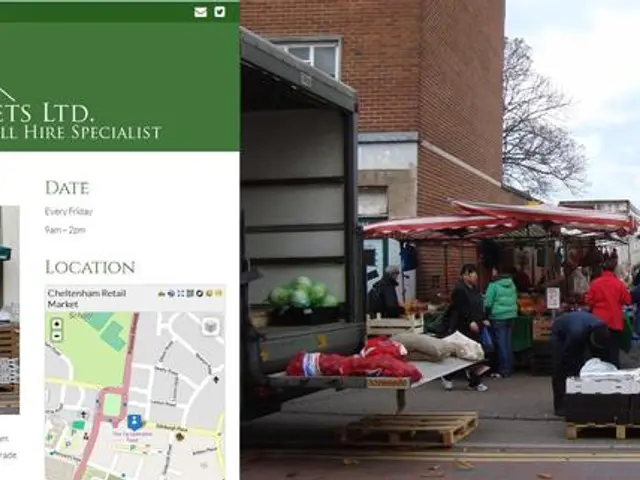The 2021 Japan Mobility Exhibition Emphasizes Joint Business Development
The Japan Automobile Manufacturers Association (JAMA) has announced the 2024 Japan Mobility Show (JMS), a groundbreaking event that will focus on the future of mobility, moving beyond traditional automobiles. Masanori Katayama, the current Chairman of JAMA, emphasised this shift during a press conference on May 23, 2024.
The JMS aims to reflect the evolving landscape of transportation by showcasing advanced mobility technologies such as electric vehicles, autonomous driving, artificial intelligence integration, and broader mobility concepts. This marks a significant departure from prior editions like the Tokyo Motor Show, which traditionally centred more on the latest production cars and concept vehicles in the context of the automobile industry alone.
Key features of the 2024 JMS include:
- Emphasis on mobility solutions that go beyond the traditional vehicle paradigm, such as AI-powered vehicles and electric mobility concepts.
- Showcasing of cutting-edge prototypes and concept vehicles from major manufacturers like Toyota and Nissan that underline the transition to electrification and smart mobility.
- Integration of technology-focused exhibits, such as AI applications in driving and vehicle performance enhancements.
The JMS portrays a broader mobility ecosystem — including infrastructure, AI, and diverse modes of transport — reflecting changes in consumer expectations and technological advances in mobility at large.
Chairman Katayama has outlined three main pillars for the business event: promoting new partnerships, facilitating vibrant dialogues and business-matching, and the Future Mobility Forum. The show will set up opportunities for startups and established companies to communicate, both at the venue and online. A total of 150 startups and 50 established companies are scheduled to exhibit at the JMS.
In addition, the JMS will alternate between showcasing the latest mobility-related advances and a business-centric format for forging new partnerships and collaborations. This year's event will be held jointly with CEATEC, a comprehensive exhibition of digital innovation to showcase Society 5.0. The Mobility Show will run between October 15 and 18 at Makuhari Messe in Chiba Prefecture.
The primary distinction is that while the Tokyo Motor Show focused on cars and automotive innovation, the 2024 Japan Mobility Show under Katayama's chairmanship aims to be a platform for the future of mobility, integrating multiple dimensions of transportation technologies and solutions rather than just vehicles.
Furthermore, Chairman Katayama wants to include reverse pitching in this year's JMS, where established companies and startups work together to co-create and sincerely address challenges. The JMS brings together the two different facets of promoting new mobility technologies and fostering business collaborations in a single package.
Mobility, according to Chairman Toyoda, has its share of unfortunate stories, as well as exciting ones. The JMS is set to serve as a co-creation platform for sparking new businesses, aligning with its vision of mobility companies acting as both suppliers of a means of travel and as problem solvers in regard to various societal issues.
The Mobility Show was renamed from the Tokyo Motor Show in its first edition. The Future Mobility Forum will feature JAMA's chairman and vice chairmen discussing their visions and challenges in working toward a mobility-based society. The JAMA has launched the JMS website, and more information can be found there. Chairman Katayama expressed hope for working together with CEATEC to build a prosperous, promising future.
The 2024 Japan Mobility Show (JMS) will diverge from typical automobile shows, with a focus on mobility solutions beyond traditional vehicles, such as AI-powered vehicles and electric mobility concepts, aligning with the shift in the automobile industry towards smart mobility and electrification (business, finance).
In addition, the JMS under Chairman Katayama will aim to foster business collaborations and create new startups by implementing reverse pitching, where established companies and startups work together to co-create and address challenges, combining the growth of new mobility technologies with business partnership opportunities (business, finance).




